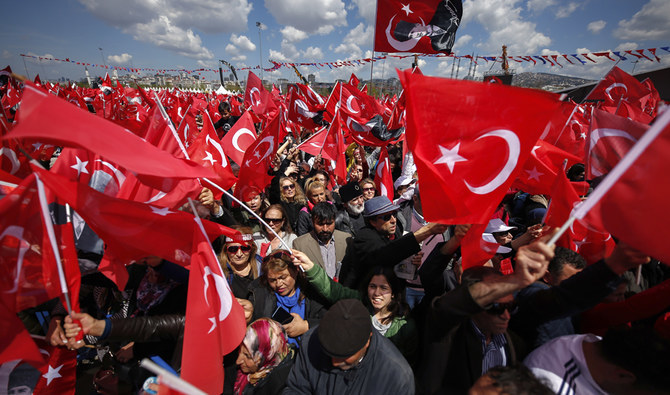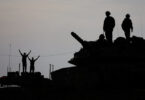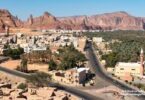Ysar Yakis
With less than a week left before the crucial May 14 elections in Turkiye, there is a wide range of speculation about whether President Recep Tayyip Erdogan and his coalition partners will be able to survive. The public opinion polling companies give contrasting figures about the possible outcomes. The competition will take place between the incumbent president and Kemal Kilicdaroglu, the leader of a coalition of opposition parties.
It looks as if it will be a tight contest, though Kilicdaroglu seems to be ahead by a slight margin. However, there are other complicating factors. There are two additional presidential contenders, Muharrem Ince and Sinan Ogan. Neither of them are likely to receive more than 5 or 6 percent of the votes. They have put forward their candidacies for the presidency in order to negotiate concessions before the second round of the election with Erdogan or Kilicdaroglu if the first round ends up being inconclusive.
There is also a difference between Ince’s attitude and that of Ogan. Ince has publicly announced that he is against Erdogan, but this does not mean that he will support Kilicdaroglu. Ogan is expected to get half of his votes from Erdogan supporters and the other half from the opposition. As the day of the elections approaches, voters may assess their choices more meticulously. Therefore, Ince’s support may go further down to 3 or 4 percent and Ogan’s to 1.5 or 2 percent. Support for Kilicdaroglu has never exceeded 53 percent. This is a critical threshold. When the race is too tight, Erdogan may use all potentials of the state to turn the tide to his advantage in the second round of voting. To complicate the equation even further, we have to bear in mind that the voters will cast their votes in two different ballot boxes – one to elect a president of the republic and the other to elect the members of parliament. For the presidency, 50 percent of the vote plus one would be sufficient. Meanwhile, the parliament will be composed of members of various political parties. This makes the situation more complicated regarding what the breakdown of parties in the parliament will be. Coalitions may be formed by breakaway parties or by groups of individual members of various parties, who could be persuaded to change sides.
Such a distribution of the new members of parliament may help promote the culture of conciliation among the political parties. But this is what could be expected in the longer run. In the short term, a diversification in the ranks of the opposition parties may harm their cohesion, because Erdogan is very much eager to split the opposition parties and persuade some of their factions to join his ranks. One of the peculiarities of the upcoming elections is that almost all opposition parties were able to agree on a common ground, which consists of getting rid of the present government coalition. Another important observation is that Erdogan has built a consolidated unity within his party. We do not know whether the six-party coalition that forms the opposition – plus the support extended by the pro-Kurdish Peoples’ Democratic Party, known as the HDP – will be able to demonstrate the required solidarity if and when they come to power. Will they end up resorting to a fight for their share of the political prizes? Meral Aksener’s Good Party lurched for a brief period at the beginning of March. This will leave a scar in the minds of the public. As for the splinter parties such as former Prime Minister Ahmet Davutoglu’s Future Party or former Deputy Prime Minister Ali Babacan’s Democracy and Progress Party, their support might not go beyond 2 percent and 3.7 percent, respectively. These two parties have concentrated their efforts on Istanbul. There is little chance for them in the metropolitan constituencies such as Istanbul, Ankara or Izmir. They might also focus their efforts on the small provincial constituencies, where they can identify an outstanding candidate and mobilize all their efforts to get them elected.
It appears that the six-party opposition coalition could not come up with a common strategy that would guarantee to defeat the ruling AKP party. The AKP decided late on to act together with the Free Cause Party, known as HUDAPAR, which has connections with the Iranian Hezbollah and which committed brutal assassinations in southeast Turkiye.
The same AKP fought with HUDAPAR several years ago. Its cooperation with that party today must have cast some shadows on the cooperation between the AKP and the far-right Nationalist Movement Party, which decided not to run on the same list as this Hezbollah-tainted party. This became its most visible disagreement with the ruling AKP. The pro-Kurdish HDP remains the kingmaker, but whether its support will be enough to save the opposition from defeat is a question that is full of uncertainties.







